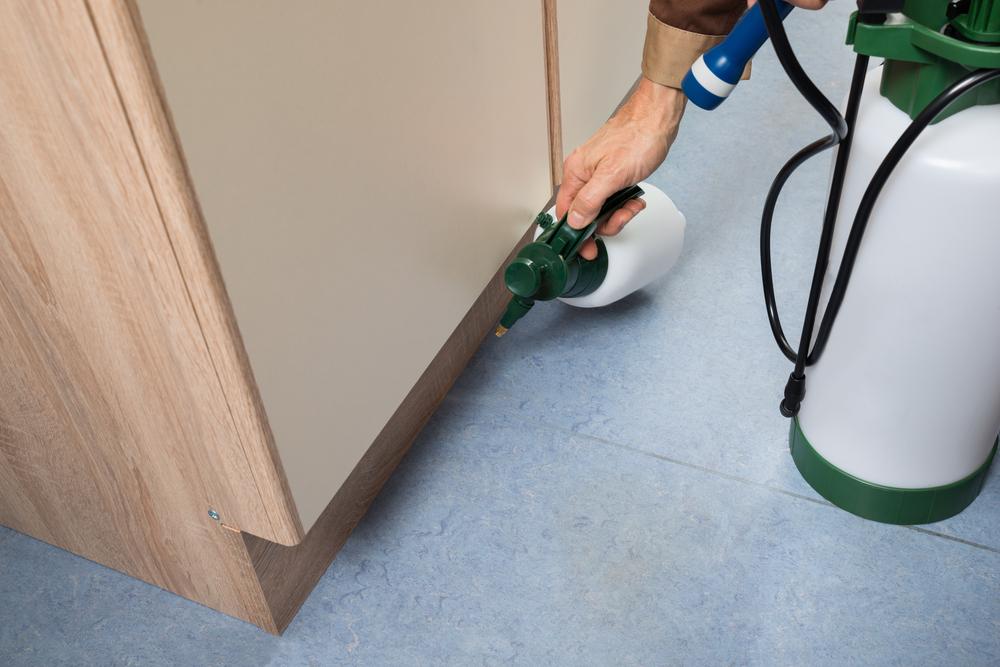
Most effective flea treatment options
As a pet owner, you may always be concerned about fleas invading your home. These blood-sucking parasites cause a constant strain as they can attack your cats, dogs, and other furry pets. Apart from feeding off the blood of your furry friends, they also bite humans. While fleas do not carry a major threat, they pose as trouble due to their biting habits. While human flea bites are rare, it is majorly the pets who suffer from these pests. As with common insect bites, the flea-bitten area may be itchy or have swelling.
Fortunately, there are some flea treatment options that are safe when used with precaution. They also prove to be very effective. While some treat or prevent, others do both. These include:
Flea sprays
Sprays are one of the most commonly used treatment methods for not just fleas, but ticks as well. When the fleas come in contact with the spray, they are immediately killed. However, sprays come in two bases, alcohol and non-alcohol sprays. Alcohol-based sprays are found to be very effective, but they can cause side-effects for certain pet breeds. Some flea sprays can also be used in combination with other treatment options to break the flea cycle.
Topical spot-on treatments
Topical application treatments are widely employed as they do show effective results. Spot-on treatment options are less expensive and generally do not cause major side-effects. However, these products should only be used after consulting the vet as they can have side effects on pets who are less than six weeks old. This type of treatment is available in different options and getting professional help will aid in making the right choice.
Tablets or oral flea control
Contrary to the effects of flea sprays and spot-on treatments, oral medication protects your pet’s entire body. The tablets are specifically used to get rid of fleas and the effects can be seen when the pests start dropping on the floor. The results can be seen within a month; however, it is not a long-term measure. The dosages differ for each kind of oral tablet and the directions should be carefully followed.
While treatment options help, it serves to maintain certain measures to keep fleas away. The carrier and blankets must be washed regularly. Also, the pets should be thoroughly checked for fleas daily which can be done when grooming or playing with them. Additionally, pillow covers, bedsheets, sofa covers, etc, should be cleaned and vacuumed regularly. A major problem with flea treatment is that fact that they usually only help get rid of the developed species; the larvae and eggs may still linger. This creates a flea cycle infestation and the only way to treat it is by employing treatment options for as long as you can.


